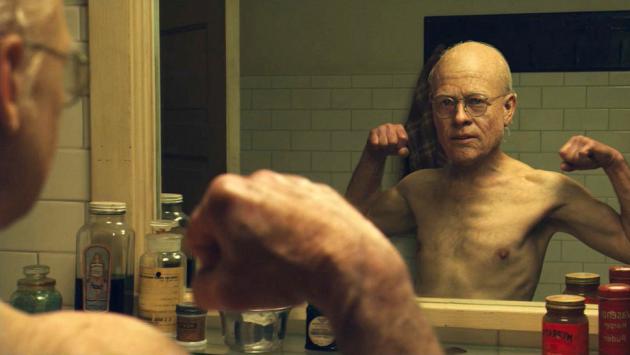Study Reveals Your Boobs Are Aging Faster Than The Rest Of Your Body
Oct 22, 2013 20:21

New biological research into aging has found that a woman's breast tissue ages faster than the rest of her body.
The discovery made by UCLA researchers backs up previous studies which show how different parts of our bodies age faster than others. As New Scientist reports:
As we age, the pattern of chemical markings on our DNA changes. Each gene becomes more or less methylated, that is, they have methyl chemical groups added or removed. This generally increases or decreases gene expression. The whole process is known as epigenetics.
Steve Horvath at the University of California, Los Angeles, and his colleagues have used these changes to estimate a person's age. To do so, they first performed a detailed statistical analysis of methylation patterns in 7844 healthy tissue samples from 51 different types of tissue. The tissue covered a range of ages – from fetuses to people 101 years old.
For the most part, the chronological age of our body parts matches its
biological age. But there are some exceptions, including female breast
tissue. Steve Horvath at the University of California, Los Angeles, and his colleagues have used these changes to estimate a person's age. To do so, they first performed a detailed statistical analysis of methylation patterns in 7844 healthy tissue samples from 51 different types of tissue. The tissue covered a range of ages – from fetuses to people 101 years old.
So what's so important about this discovery? For one thing, it could offer some pretty important insights into the aging process and what we might be able to do about it.
If the biological clock is indeed found to behind the aging process, this would make it an important biomarker for studying new therapeutic approaches that could in turn help keep us young, forever!
[Daily Mail, i09]







































































